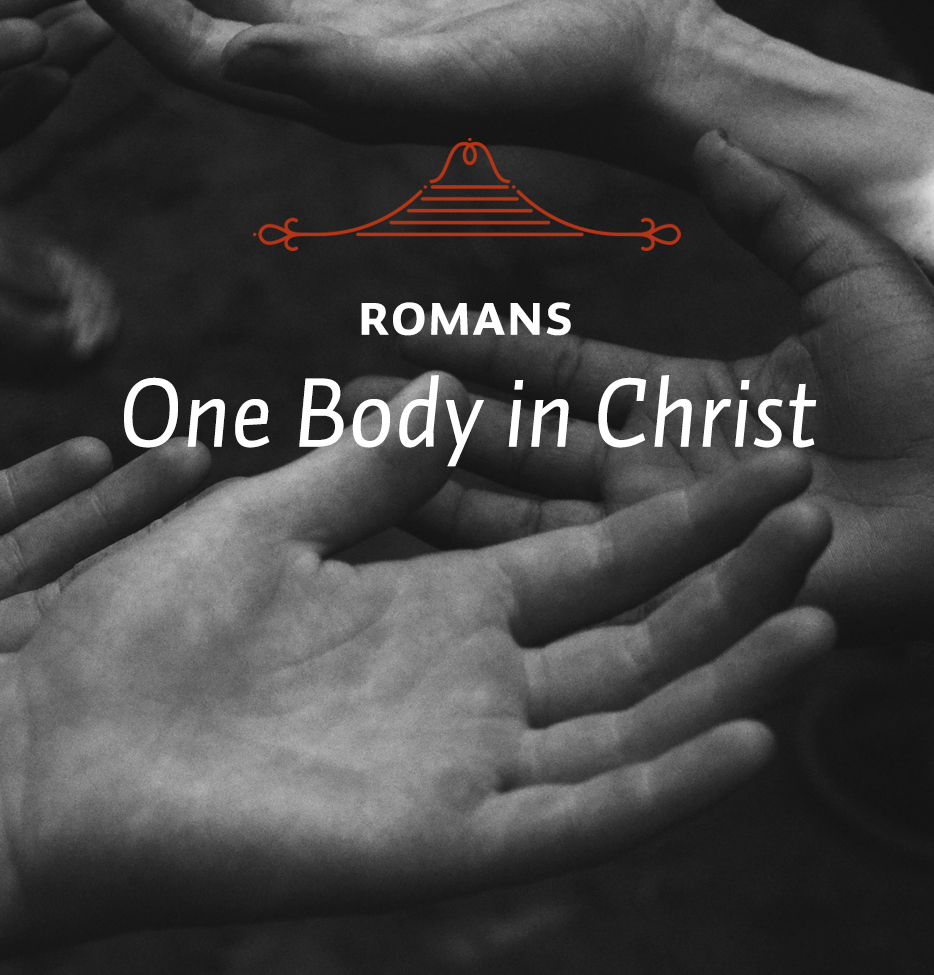Although the Bible calls the Church a body, believing in one God and one way of salvation, we have ourselves split the Church—at least the Church that people see. John Stott’s concern in the book One People is that we have done it by dividing the clergy from the laity. His book is designed to recapture a proper lay ministry. Charles Colson is concerned about our institutions and our individualism. He wants to revive the spiritual vitality of Christ’s body. Donald Grey Barnhouse, in his studies of Romans, was troubled by the way we have turned minor points of doctrine into major causes for division. He wanted to overcome that arrogance.
We see this problem on several levels today.
The institutional problem. The division or disunity of the Church is a problem at the institutional level, of course. In the hymn “Onward, Christian Soldiers,” we sing,
We are not divided, all one body we;
one in hope and doctrine, one in charity.
But even as we sing it, we know it is not true. Or we recite the Apostles’ Creed, containing the words, “I believe in…the holy catholic church.” “Catholic” means universal, broad, diverse, united. But though we may believe in a universal Church, we seem to restrict our thoughts of the Church to our own particular fellowship or denomination. It is this institutional problem that has captured the attention of some Christian leaders and through them has been a driving force behind the well-intentioned but misdirected and unsuccessful ecumenical movement.
Individualism. It strikes me, however, that today the problem is not so much our institutions, since they do not mean a whole lot to most people anyway, but rather our individualism, which I would define as hyper-personalized religion. It is the religion of “Jesus and me only.” It is what sociologists and pollsters uncover whenever they explore America’s religious attitudes and practices.
Some people know the name of Robert Bellah, author of the sociological study of American life called The Habits of the Heart.1 Bellah says that America has been infected with a virulent virus which he calls “radical individualism.” It affects every area of life. People make up their own rules for everything, entirely apart from other people, and as a result they sometimes do terrible things to others. This “radical individualism” is particularly noticeable in religion. According to a USA Today survey, of the 56 percent of Americans who attend church, 46 percent do so because “it is good for you” (that is, “good for me”), and 26 percent go because it is where they hope to find “peace of mind and spiritual well-being.” Truth, that is, specific doctrine, does not seem important to these people.2
In Bellah’s study there is a report of a woman whose name is Sheila. She considers herself to be very religious. “What is your religion,” she was asked.
“I call it ‘Sheilaism,” she answered. “It’s just my own little voice.”
The word for this is narcissism, derived from the ancient story of Narcissus, a young Greek athlete who was in love with himself and spent his time by a quiet pool staring at his own reflection. It is a part of being conformed to this world rather than being transformed from within by the renewing of our minds, and it is a radical departure from what religion in America used to be, and should be. “Today religion in America is as private and diverse as New England colonial religion was public and unified,” says Robert Bellah.3 Clearly you cannot have “one body in Christ” if everyone is creating a private little a la carte religion for himself.
1Robert N. Bellah et al., The Habits of the Heart: Individualism and Commitment in American Life (New York: Harper and Row, 1986).
2Cited in “Events and People,” The Christian Century, September 30, 1987.
3Robert N. Bellah et al., The Habits of the Heart, 220.






